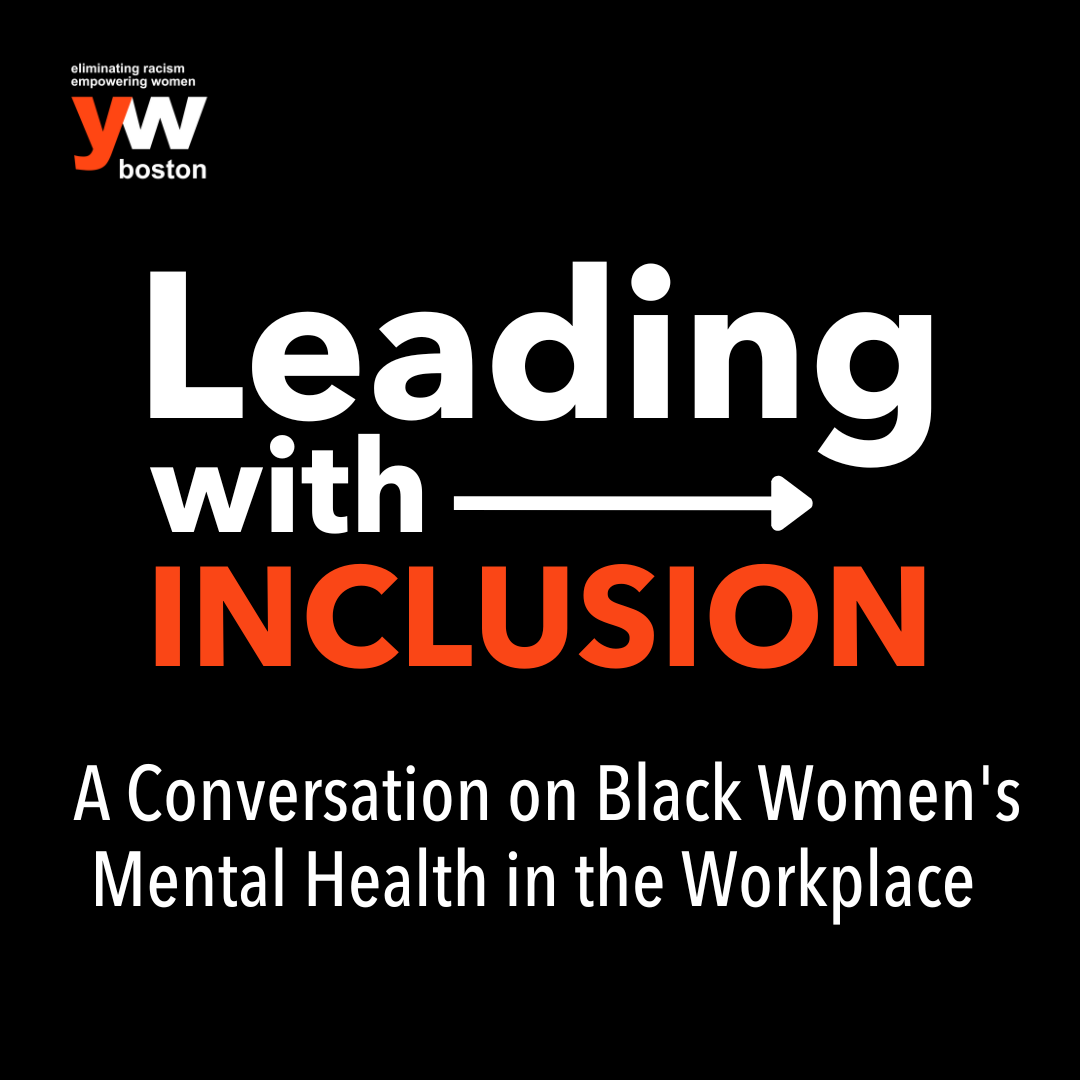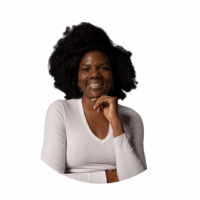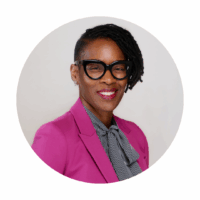
07.29.2025
Webinar
Leading with Inclusion: A Conversation on Black Women’s Mental Health in the Workplace
We’re excited to invite you to register for Leading with Inclusion: A Conversation on Black Women’s Mental Health in the Workplace — the third webinar in YW Boston’s ongoing series dedicated to advancing Diversity, Equity, and Inclusion (DEI) work.
Date & Time:
July 29, 2025
10:00 AM – 11:00 AM EST
Location:
Zoom (You will be prompted for a Zoom registration form before being given access to the webinar.)
Black women in the workforce maintain higher levels of ambition than any other identity group — often while navigating environments that overlook, undervalue, or actively harm them. This webinar, part of our “Leading with Inclusion” series, focuses on the mental health of Black women in the workforce and broader health implications of workplace policies, cultures, and expectations that do not support the well-being of Black women.
We’ll hold a candid conversation with experts in mental health and organizational change to examine the connection between racism and mental health outcomes, and identify steps organizations and individuals can take to interrupt harm and build cultures of care. This session centers Black women but is open to all. Leaders working to advance equity and inclusion are also encouraged to join.
Featured Panelists
Follow us on social media to stay updated on future sessions in the Leading with Inclusion series.
Don’t miss this opportunity to empower your DEI leadership and ensure that your organization stays committed to creating an inclusive workplace.
Thank you to our sponsors:








